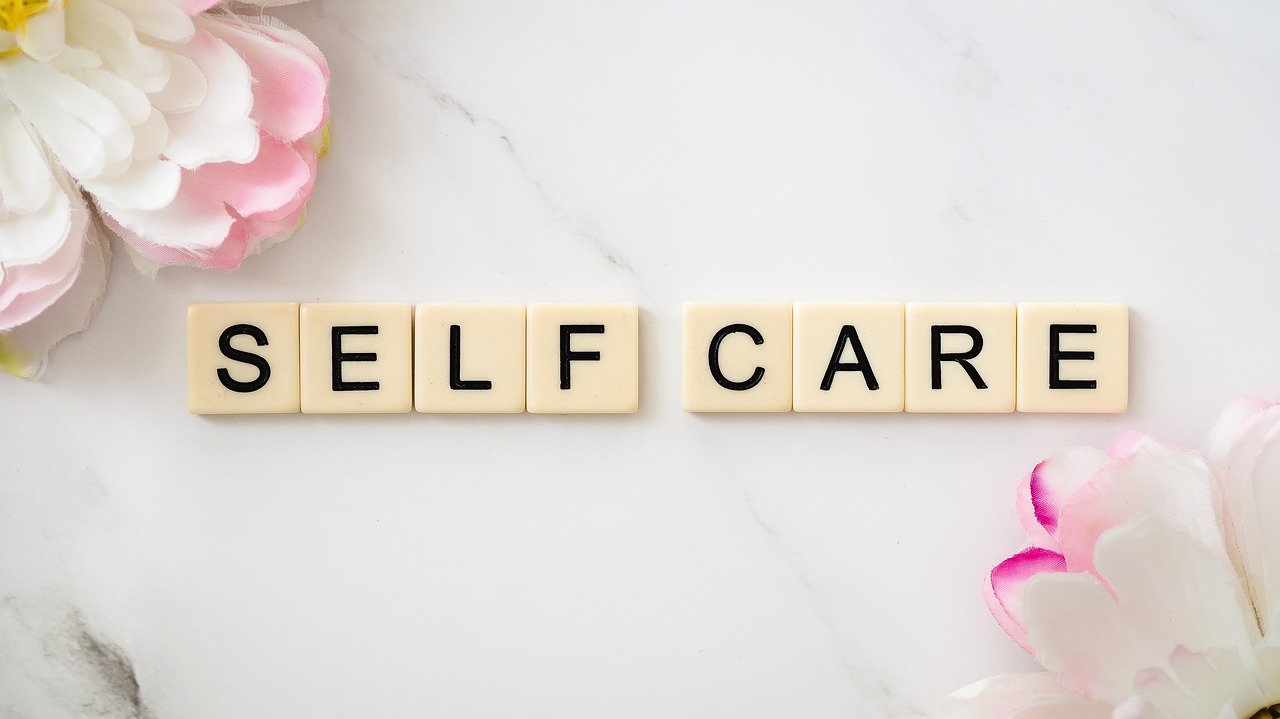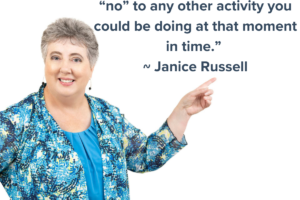
Why Your Self-Care is Missing the Mark (And How You Can Fix It)
Do you think of “self-care” as a dirty word? You aren’t alone!
We hear “self-care” and our mind chatter starts in:
- “You don’t have time.”
- “You just need to tough it out.”
- “You don’t deserve self-care until you finish all of your other tasks.”
- <add what your “Internal Governor” says here>
It’s time to take back your power and stop letting the brain chatter talk you out of self-care. Your mental health is too important!
A dictionary definition of self-care is: the act of attending to one’s physical or mental health, generally without medical or other professional consultation. You become less effective in most areas of life when your mental or physical health is compromised! Consistent self-care empowers you!
HOWEVER, self-care is a challenge when life is “normal.” During a life transition, self-care is even more difficult to practice.
Let’s start by dispelling some myths that your mind chatter loves to make you believe.
Myth #1 “I don’t have time for self-care.” You don’t have time to not practice self-care! Overwhelm, burnout, mental fatigue are just a few of the side effects of not having self-care in place. These side effects consume much more time than self-care.
Also, you may not realize that self-care doesn’t have to take a long time. Activities vary from 30 seconds to…however long you decide.
 Myth #2 “I have to do <task> before I deserve self-care.” It can be difficult to feel “worthy” of self-care. In an effort to take care of everyone else, you prioritize yourself last. In addition, you may have an incomplete idea of self-care.
Myth #2 “I have to do <task> before I deserve self-care.” It can be difficult to feel “worthy” of self-care. In an effort to take care of everyone else, you prioritize yourself last. In addition, you may have an incomplete idea of self-care.
Myth #3 “Self-care takes money I don’t want to spend.” While it is true that some self-care activities require money, there are also plenty that take little to no money. You can engage in no cost activities regularly while you save up to do a money-based activity.
STRATEGIES
Expand your understanding of self-care. A massage or a vacation are great! However, you can also take care of yourself by bring consistent with some of the basics of life:
- Stay hydrated
- Get 8-9 hours of sleep a night
- Good nutrition
- Limit screen time
- Breathe deeply
- Laugh
- Experience emotions through writing, talking with someone, a good cry, etc.
- Spend a few moments in nature
When these fundamentals become regular routines, you can navigate life transitions with greater ease.
Look “for” rather than “against.” You know the importance of self-care, yet every time you consider it, you find multiple reasons why each idea won’t work for you. That’s because your brain’s default is to take the easy way out. So when what you are thinking about for personal care takes effort, your brain states, “that’s too much work.”
Instead, talk back to your brain and say,”I know it might be difficult to make time to <activity>, however, it’s important for my mental health. I know I will feel better!” And then get started, whether that’s a walk outside or setting up coffee with a friend.
The more you look “for” the ways and reasons to engage in self-care, the easier it will become!
Make it enjoyable instead of just something to check off a list. Although I drink water throughout the day (one cup of tea and occasionally a glass of fruit juice are the exceptions), I wasn’t convinced I was drinking enough to stay hydrated and I know how important that is for brain health.
![]() So I downloaded a free water tracking app. The Drink Water Aquarium – Water Tracker & Reminder app set my daily goal, based on my inputted data, at 91 ounces of water a day. Sounded like a lot! Yet with the little fish jumping every time I add the amount of water I just finished, along with an announcement when I’m halfway to my target, and little trophies when I accomplish the daily goals, it’s enough motivation for me. It sounds a little crazy, yet between February 12 and August 27, this jumping fish has helped me have 180 days in which I’ve had 91+ ounces of water. And if this app stopped motivating me, I’d look for another one. Yes, drinking water has become a habit, so in theory I don’t “need” the app anymore. What can I say, the fish gives me just a little amusement in my day!
So I downloaded a free water tracking app. The Drink Water Aquarium – Water Tracker & Reminder app set my daily goal, based on my inputted data, at 91 ounces of water a day. Sounded like a lot! Yet with the little fish jumping every time I add the amount of water I just finished, along with an announcement when I’m halfway to my target, and little trophies when I accomplish the daily goals, it’s enough motivation for me. It sounds a little crazy, yet between February 12 and August 27, this jumping fish has helped me have 180 days in which I’ve had 91+ ounces of water. And if this app stopped motivating me, I’d look for another one. Yes, drinking water has become a habit, so in theory I don’t “need” the app anymore. What can I say, the fish gives me just a little amusement in my day!
That’s just one example of making a self-care habit enjoyable rather than drudgery.
Because self-care options are best if you choose what works for you, I decided not to give a long list of activities for you to consider. So I suggest you check out these articles
- 274 Self-Care Ideas & Activities to Deal With Life (2020) divides their ideas into seven categories: emotional, mental, physical, pleasure, sensory, social, and spiritual. There’s information at the beginning regarding how to look at the list without getting overwhelmed by it!
- 64 Self Care Ideas For When Life Gets Hard
- 51 Self Care Ideas To Kickstart Your Self Care Routine. Notice the word “routine”? Creating self-care habits makes them easier!
- 151 Self Care ideas to increase mindfulness and avoid burnout
- 50 Totally Free Ways to Practice Self-Care at Home. Did you see the words “Free” and “Home”?
Now you know the myths to dispel and the strategies to use to reclaim your self-care. What will you change first to incorporate more self-care in your life? Share below what action you will take or what is working well.
If this is an area you struggle in due to time management challenges, we can help you create a schedule with time for you. Drop us a line, and we’ll help you navigate to a more manageable schedule.
Tag:ADHD, anxiety, autoimmune disease, brain, brain based disorders, depression, habit, life transitions, Life Transitions Organizing, Life Transitions Resources, life-disrupting situation, productivity and organizing professional, professional organizer, routine, schedule, self care, TBI, time, Transition Success Program



